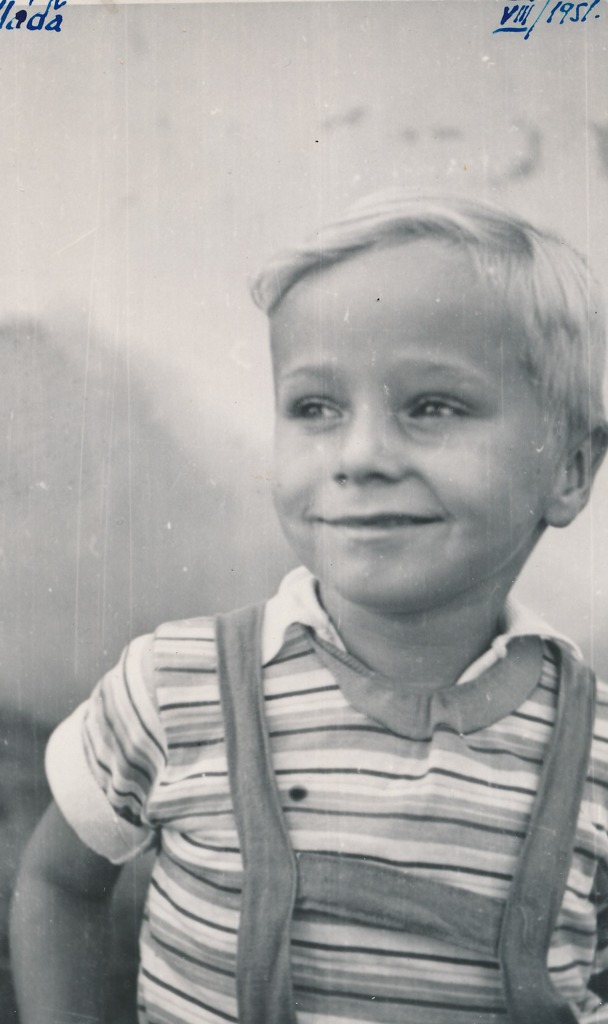During the normalization, you were forced into self-censorship, which was not obvious

Download image
Vladimir Just was born on May 6, 1946 in Prague. His father worked at the Ministry of Light Industry and had to join the Social Democracy before February 1948. After the communist coup, he was transferred to the Communist Party, but sabotaged his membership. He was expelled from the party and had to make a living manually working in the CKD. Vladimír became interested in theater at the grammar school and studied theater science after graduation. He and his brother Jiří founded the theater ensemble Antitalent, but due to censorship they had to close down. He later worked at the Ateliér or Rubín Theater. During the normalization, he began to devote himself to theoretical work and wrote, among other things, a monograph on Vlasta Burian. He has been collaborating with Václav Havel since the 1980s. Today (2021) he works at the Department of Theater Studies, Faculty of Arts, Charles University.